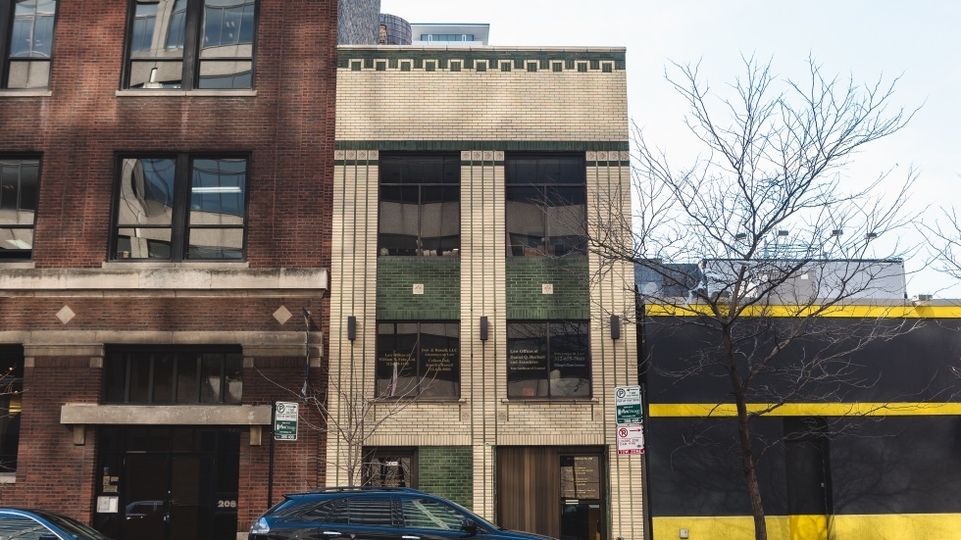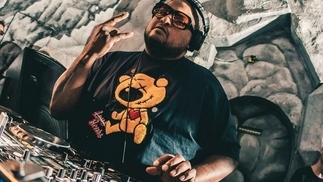Save The Warehouse! petition launched to protect birthplace of house music
The now-closed club was where Frankie Knuckles pioneered the development of house music as a resident

A petition has been launched to prevent the demolition of a building which formerly housed the beloved Chicago nightclub The Warehouse.
The venue, which closed many years ago, had the honour of hosting Frankie Knuckles as a resident DJ in its early days with his sets making it a beloved spot for Chicago's Black LGBTQ+ community. He would play soul, R&B, disco, gospel and electronic sounds in his set, with the combination of those sounds eventually going on to form the foundations early house music. The term 'house music' itself, takes its name as an abbreviation of Warehouse music.
When Knuckles left his role as resident in 1982 to open his own club, Power Plant, Warehouse rebranded as Muzic Box and brought in another iconic house DJ to play regularly, Ron Hardy.
The building in which the club was based is split across three storeys at 206 S. Jefferson Street in Chicago's West Loop area. A note on the petition page, however, notes that "despite its extraordinary role in music and cultural history, the Warehouse has zero protections against alterations or demolition".
The building was sold in December, and while the listing mentioned its history as the home of The Warehouse, it also noted its potential for demolition and new development amid various other similar industrial buildings in the area being bought up for such purposes.
"Despite persistent outreach by Preservation Chicago, the new ownership has been unresponsive, and plans for the building's future remain unknown," the note on the petition page read. "There is simply too much at stake to allow the whim of an owner to determine its fate."
The petition adds that those in charge at the City of Chicago authorities should designate the building a Chicago Landmark in order to give it greater protection going forward.
You can read the petition and offer your support here.
For more Chicago house history, read DJ Mag's recent feature on the history of Trax Records and the ongoing fight for artists affiliated with the label to receive their royalties.





